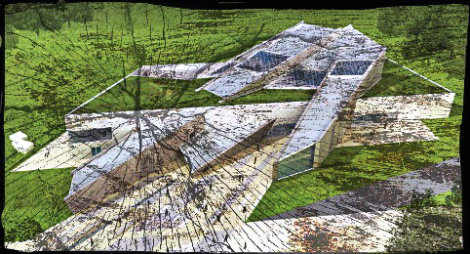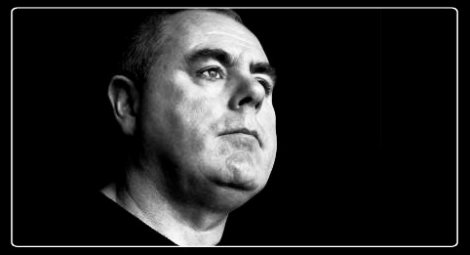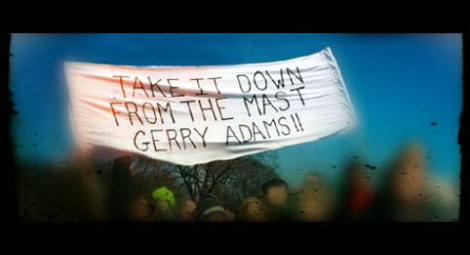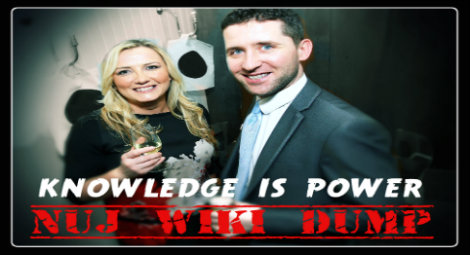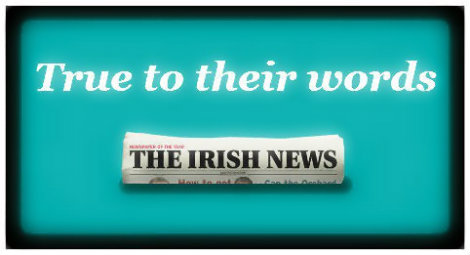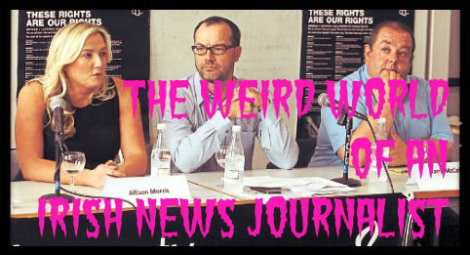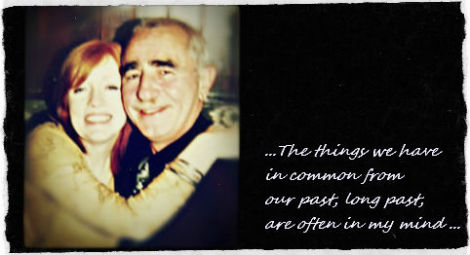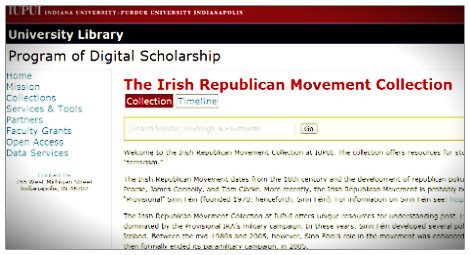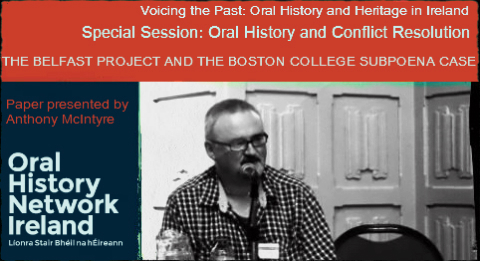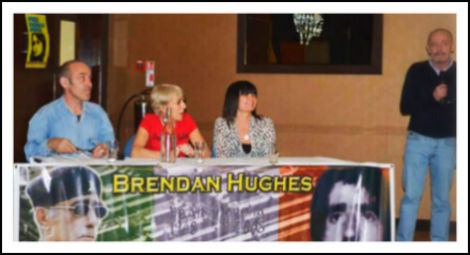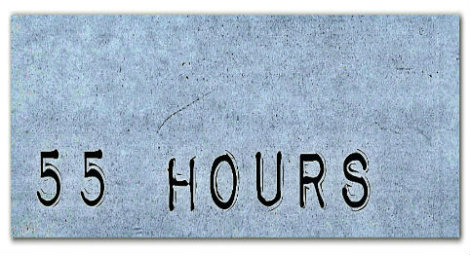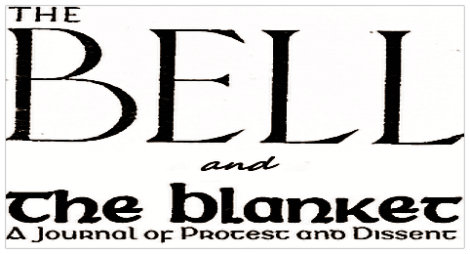I have attended many of these events over the years in Ireland and Britain. With time I have come to form a view of the likely composition of the audiences that are drawn to them. They tend to be small – around 30 in this case. Observers would need to come equipped with emotional armour impenetrable to embarrassment to be able to make the claim that the audience is ‘packed’ with any particular type of person. These audiences are rarely packed, made up as they are of people starting out on their political odyssey or older types who have missed every stop along the route and simply don’t know where to get off.
A generalisation, no more. To the extent that it might accurately reflect the composition of Monday’s audience, it did not diminish the quality of the overall discussion including the contributions from the floor. Yes, there were the usual stray dogs along to bite someone or something they took umbrage to, whether it was the BATU strikers or the suggestion that Marxism had failed to deliver. They usually bite off more than they can chew and either run out, fingers metaphorically in ears before another illusion is shattered, or they sit there sullenly rueing the notion that the world spins on an axis not prescribed in whatever ‘good book’ they daily fumble through. Even though it may have sounded like something out of a promo for Slavoj Zizek’s book In Defense of Lost Causes Kevin Bean captured the atmosphere of the night when he humorously admitted to having identified with a long line of political projects that had failed. His task since has been in trying to understand why grand ideological projects lend themselves to catastrophic implosion.
The meeting was a double barrelled blast at the major retreat from radicalism undergone by both Provisional republicanism and the trade union movement. As the flyer for the event expressed it, ‘over the past thirty years, both the trade unions and Irish republicans have moved from a position of open radicalism, into the mainstream and now are at the centre of upholding the status quo.’ Finn Geaney, from the Teachers Union Ireland and Dublin Trades Council spoke about the union side of the equation while myself and Kevin Bean focussed on republicanism. Whether the double barrels got off all the shot or hit the target, or may even have been loaded with nothing more than blanks, those there on the night can make their own minds up. It is difficult to get freshly worked up about something as stale as the defeat of radicalism.
There was little in what either Kevin or I said which would give rise to disagreement between us. Over the years, in Belfast, London, Southampton, Liverpool and Manchester we have rehearsed the issue together. There was hardly much we did not know about each other’s perspective by the time Monday’s discussion had come around. We had long since concluded that republicanism had sustained a major defeat in its battle with the British state. On the subject of the trade unions Finn Geaney raised many issues but a tendency to rely on Marxism as the panacea gave a touch of the messianic to his project. His penchant for Das Kapital nudged the thought ‘beware the man of one book’ onto the fringes of my mind. While the clearly erudite Finn Geaney can never be pigeon holed so easily, food for a drifting thought did emerge from his reference to Marx’s magisterial work. For me, the ‘sacred text’ from whatever stable produces the ‘word’, then the ‘prophet’, followed by the ‘great leader’ who murders the writers and ensures that there is no one left to put the inverted commas around the crimes against humanity that are frequently the outcome of such ventures.
Most in the audience seemed to think of revolutionary schemas. I appeared to be the only one there at least willing to profess that I am not a revolutionary and am somewhat disconcerted to find myself alluded to as such. I do not trust revolutionaries. They promise so much, deliver so little and forever after devote much of their time and energy to the suppression of those who would flag up the gap between revolutionary preaching and practice. It seems that revolutionaries end up being such fervent censors because where they end up is so far removed from their starting point that the need for concealment is all the greater amongst them.
Like the nirvana of religious afterlife, there is no revolutionary utopia where we may all go if we can just get the programme right and the formula fine tuned. And as much as I enjoyed our Dublin discussion and would return if invited, it did little to dissuade me of that.













